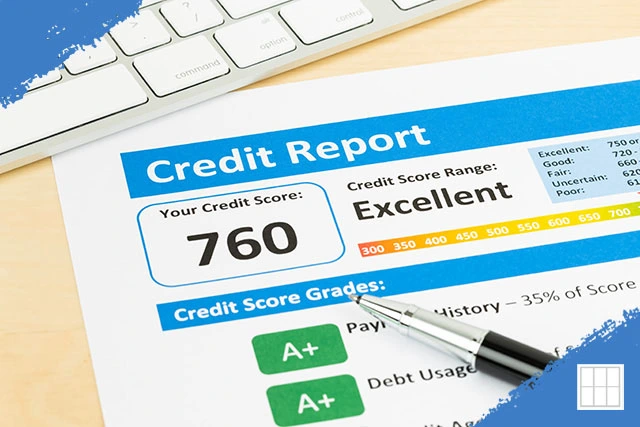As you navigate the world of personal finance, you may come across a term that…

Mortgage Loan Process: when Buying or Refinancing a Home.
Navigating the mortgage loan process can seem daunting, but with Metropolitan Mortgage Corporation by your side, you’re in good hands. From the initial thought of buying a home to holding the keys in your hand, our dedicated team is here to support you every step of the way. As seasoned mortgage bankers, we’ve got the expertise to guide you through the eight essential steps of securing your loan.
Understanding the Mortgage Loan Process:
1. Determine Your Budget:
Before diving into the mortgage loan process, it’s crucial to establish your budget. Consider factors like your down payment, monthly mortgage payment (including principal, interest, taxes, and insurance), potential mortgage insurance, HOA dues, and maintenance costs. By understanding these numbers, you can determine a comfortable housing budget that aligns with your financial goals.
2. Get Pre-Approved:
Metropolitan Mortgage Corporation makes it easy to get pre-approved for your mortgage. Our team reviews your financial situation and issues a pre-approval letter, demonstrating to sellers that you’re a serious buyer with the financial backing to make a purchase. This step sets you apart in a competitive market like Kansas City.
3. Find a Home and Sign the Contract:
Once pre-approved, it’s time to find your dream home. Work closely with your real estate agent to explore properties and craft an appealing offer. The contract serves as a roadmap to closing, with each step bringing you closer to homeownership.
4. Home Inspection:
A crucial part of the process is the home inspection. This thorough examination ensures there are no hidden surprises in your future home. From the foundation to the roof, inspectors scrutinize every aspect, allowing you to negotiate repairs or concessions if needed.
5. Finalize the Mortgage Application:
With an accepted offer, it’s time to finalize your mortgage application. Provide updated documentation and expect to receive a Loan Estimate outlining the associated costs. Metropolitan Mortgage Corporation ensures a transparent and straightforward application process.
6. Lender Orders the Appraisal:
An appraisal confirms the home’s value matches the purchase price. Your lender orders the appraisal, which is a necessary step in securing your loan.
7. Mortgage Processing and Underwriting:
While the mortgage processor gathers required documents and ensures everything is in order, the underwriter meticulously reviews your file. Any red flags are addressed promptly to keep the process moving smoothly.
8. Settlement:
As settlement approaches, Metropolitan Mortgage Corporation provides a Closing Disclosure, detailing the final fees and funds needed. With paperwork signed and funds transferred, you officially become a homeowner.
Experience the Metropolitan Mortgage Advantage:
This guide offers a glimpse into the mortgage loan process, but our expertise extends beyond these steps. Metropolitan Mortgage Corporation is committed to providing the best mortgage experience in the Kansas City area. Contact us today to learn more about our personalized service and local expertise.

